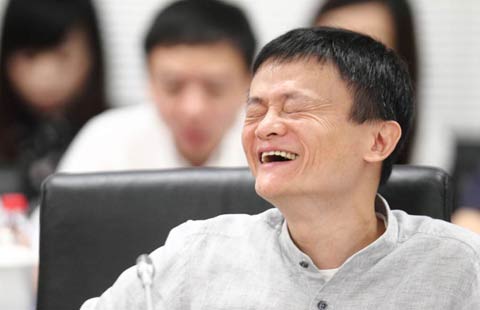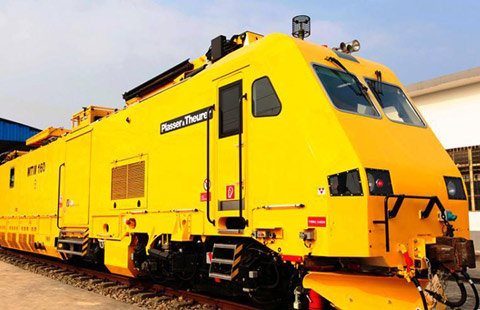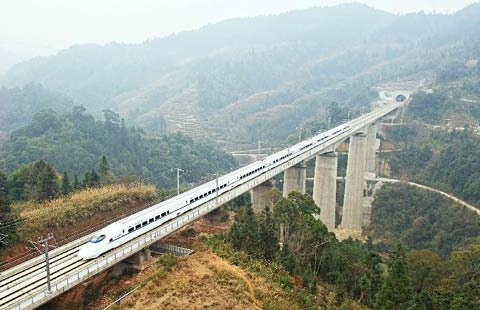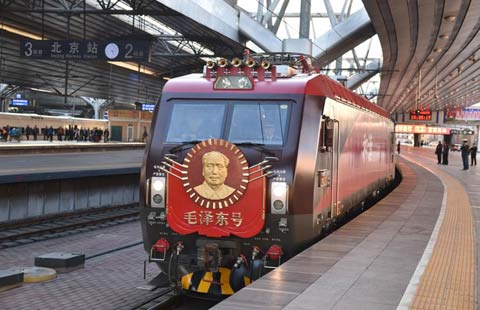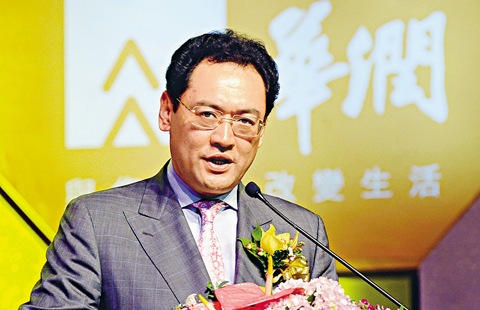Focus shifts after slow in car sales and assembly
By LI FANGFANG (China Daily) Updated: 2014-12-22 10:42
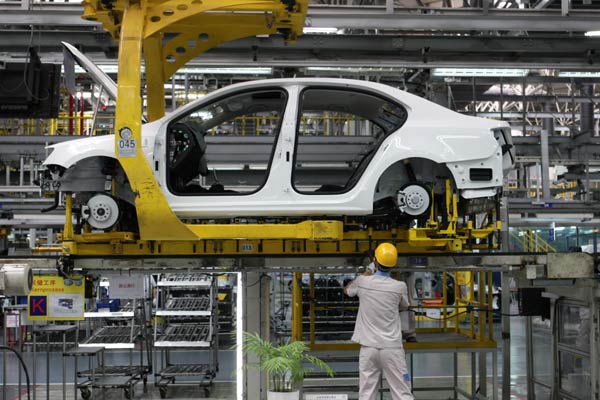 |
|
The assembly and sales of cars in China have slowed down after rapid expansion since 2009. WANG ZHUANGFEI/CHINA DAILY |
Aftermarket, new energy sectors to drive growth
The number of light vehicles assembled in China is expected to reach 23.5 million in 2015, a 10.6 percent increase compared to 2014, according to Autofacts, PricewaterhouseCoopers' automotive analyst group.
Although consumer demand remains solid, growth will moderate in the long term alongside a changing competitive landscape, said the consulting and accounting company.
In 2014, China is expected to experience double-digit growth in both light vehicle sales and assembly volumes.
According to Autofacts, China's full-year sales in 2014 will see an annual increase of 10.8 percent and will reach 22.1 million. Assembly volume is forecast to increase by 10.1 percent to 21.2 million units.
"While still in the development stage, China's automotive sector is quickly maturing with a slowdown in sales and assembly following explosive expansion that started in 2009," said Wilson Liu, PwC China automotive leader.
"Competition between joint ventures and domestic companies is intensifying in some segments. Localization is an irreversible trend, including major components such as engines and transmissions. In addition to the procurement of parts, automakers are establishing local research and development operations in order to meet local government regulations and consumer tastes," Liu said.
With the sale and assembly of vehicles moving towards a moderate growth stage in China, Autofacts anticipates that the aftermarket sector and the new energy vehicle sector will become major growth drivers.
"The China market is following in the footsteps of the developed markets. Chinese OEMs have begun to realize the necessity of a transformation of their businesses from pure assembly towards delivering both products and services," Liu said.
"On the other hand, the new energy vehicle sector is increasingly becoming a topic of focus in China. Considering the pace of development of charging facilities and the higher initial purchasing cost, we expect to see automakers revisit their business models and make further collaborative efforts to solve problems and define industry standards," he added.
Car sharing potential
On a global scale, light vehicle assembly is expected to reach 86 million units in 2014, a 4 percent annual increase, with more than half of that growth from China.
PwC Autofacts forecasts that global vehicle assembly will reach 109.5 million units in 2020.
Increasingly challenging issues surrounding traffic congestion coupled with the development of smartphone technology led industry experts to predict that car sharing could potentially quadruple during the next five years.
The business model sees customers rent vehicles for short periods of time often by hour.
"In theory, the underlying demand for car sharing in China should be higher than in many other countries, considering affordability, traffic congestion and regulatory restrictions," said Rick Hanna, PwC's global automotive leader.
"We expect to see some pilot programs initiated by major automakers and supported by local governments in top tier cities.
Car sharing has the potential to have a significant impact as adoption barriers from both the demand and supply side are overcome," he added.
According to German research and consulting firm Roland Berger, in 2013, the scale of car sharing in China was small, with only 780 vehicles.
However, the number is expected to grow by 83 percent annually to 16,100 vehicles in 2018.
Technological trends such as widespread mobile Internet and government support for car sharing in selected regions and pilot cities will be driving forces in the market.
These, combined with increasing environmental awareness, are expected to have a positive effect on the market, according to Roland Berger.
- Michelin's 'Green Paper' from Chengdu on challenges ahead
- Conference will imagine future of the car industry
- Slowing growth for auto imports
- Volkswagen, Chrysler, GM recall defective vehicles in China
- GAC plans expansion in overseas markets
- Challenge to monopolies in banking
- Staying the course on structural reforms
- China's 2014 transport infrastructure investment to hit 2.5t yuan

